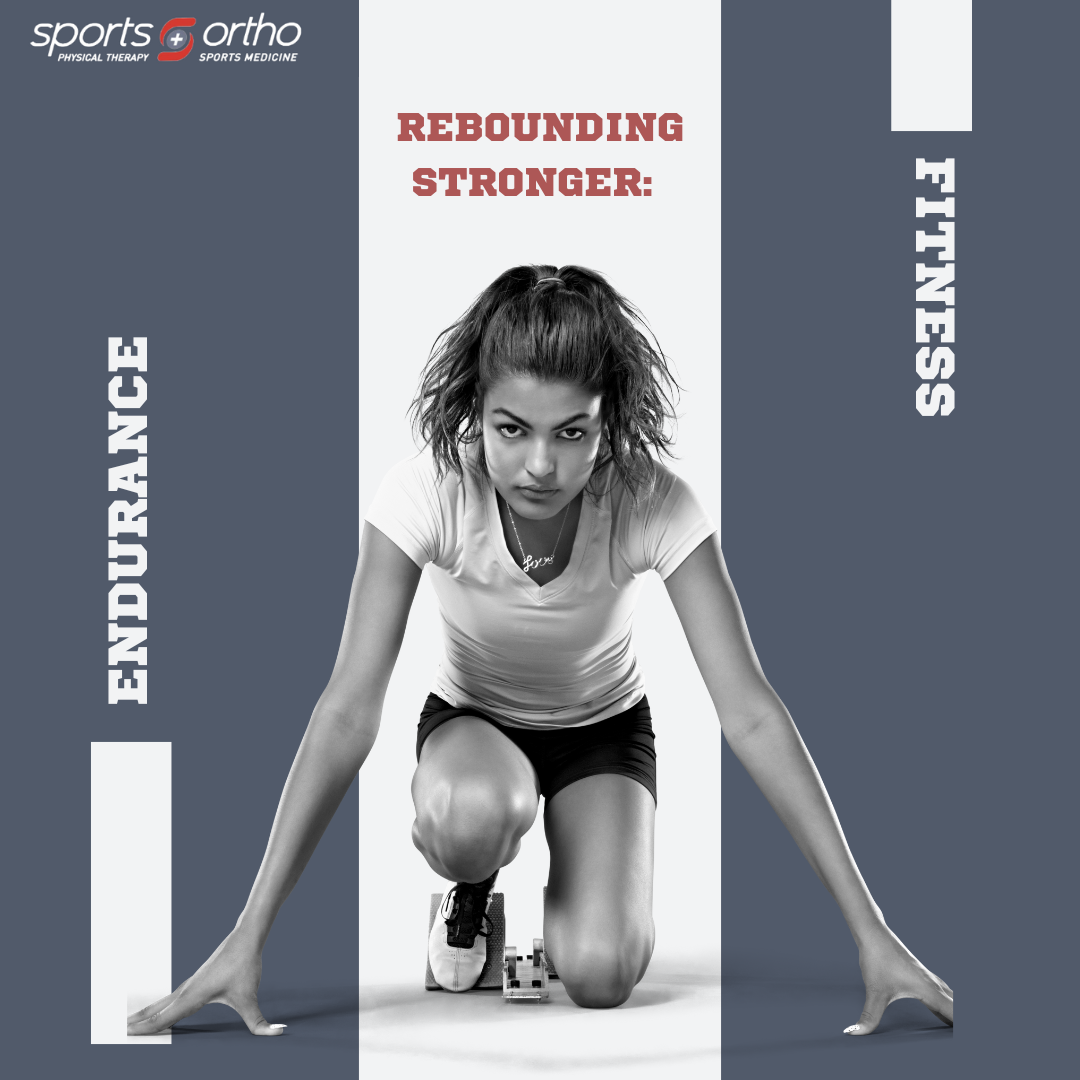A recovery period is the amount of time you take between workouts. This period of time is when the benefits of your physical activity take place in your body. Without a proper recovery period, your muscles won’t be able to build, repair, and strengthen in the ways you want them to. While exercise is undoubtedly important, your recovery period is also important in allowing your body to gain the results you want. For more information on incorporating recovery into your exercise regimen, call our office to speak with a physical therapist today.
Why is a recovery period so important?
With any vigorous exercise, your body undergoes a strain. During this strain, your tissues are “damaged” in a sense, since they are overworked. Rest and recovery allow your tissues to strengthen and heal, in addition to allowing you to restore the energy you lost from working out. A recovery period is necessary for your tissues to become accustomed to this form of exercise, especially if it is something that you will be adopting as a regular workout.
This is also known as the “Principle of Adaptation,” stating that your body becomes more efficient after it recovers and strengthens from the stress of exercise. Essentially, this states that your cardiovascular system improves, your muscles become stronger, and your ability to reach new physical heights improves during a recovery period, as your body is adapting to the exercise it is taking part in. Nevertheless, any physical therapist will tell you that too much stress can be detrimental to your body – there comes a point when the line of adaptation is crossed and your body becomes injured. That’s why knowing how and when to take a proper recovery period is so important.
The phases of a recovery period:
If you are a committed athlete on a year-round workout schedule, you will have two types of recovery periods: long-term and short-term. A long-term recovery period is typically dependent on the type of physical activity your workout regimen includes, as “rest days” or even “rest weeks” will be worked into your year-long schedule. You may also include rest periods for certain parts of your body while you work on training another part. If you are a highly dedicated athlete, a physical therapist can help you create a long-term recovery period schedule in order to reach your goals and achieve optimum results throughout the year.
A short-term recovery period always looks the same, no matter what type of athlete you are. In fact, short-term recovery periods begin right after every workout:
- Cool-down phase: After a high-intensity workout, it is important to do some low-intensity exercises in the days that follow. This will help in maintaining the elasticity of your muscles, preventing them from tightening up and cramping.
- Replenishment: You lose a lot of energy when you workout, so it is important to replenish your body afterward. Your physical therapist can make recommendations for post-workout meals that will help with your recovery period.
- A good night’s sleep: Getting the right amount of good sleep is the final component to short-term recovery. The most progress is seen while you are sleeping, since your body is able to heal better when you’re unconscious. Resting your body is important, but so is resting your brain – quality sleep is a crucial component in being able to see the desired results of your recovery period.
How to tell if you’re overtraining:
Without proper recovery periods, you may “overtrain” yourself. Many athletes fall into this vicious cycle – you feel great, so you decide to skip your recovery process. But then you see your performance begin to decrease – so what do you do? You work out some more, continuing to skip your recovery periods. As a result, performance begins to decrease further, and workouts become more difficult. If you feel as if your gains are starting to diminish no matter how much you’re exercising, that could be your body’s way of telling you that you need to take a break.
Other signs of overtraining may include fatigue, depression, or injury. This can happen if you don’t allow yourself enough recovery time between workouts, your recovery periods are not sufficient enough for the intensity of your workouts, or you aren’t giving yourself enough replenishment or sleep following a workout.
If you are looking for a proper recovery period plan, a physical therapist can help you create one. Whether you’re in rehabilitation from a sports injury or just trying to maintain an intense workout program, recovery periods are essential to your progress. Perhaps you didn’t even notice you’ve been overtraining and you’re looking to find some guidance – whatever the case may be, we’re here for you. Give us a call at one of our five locations or click to schedule a consultation with one of our physical therapists today to get started on your treatment plan for reaching your optimum level of physical success!




